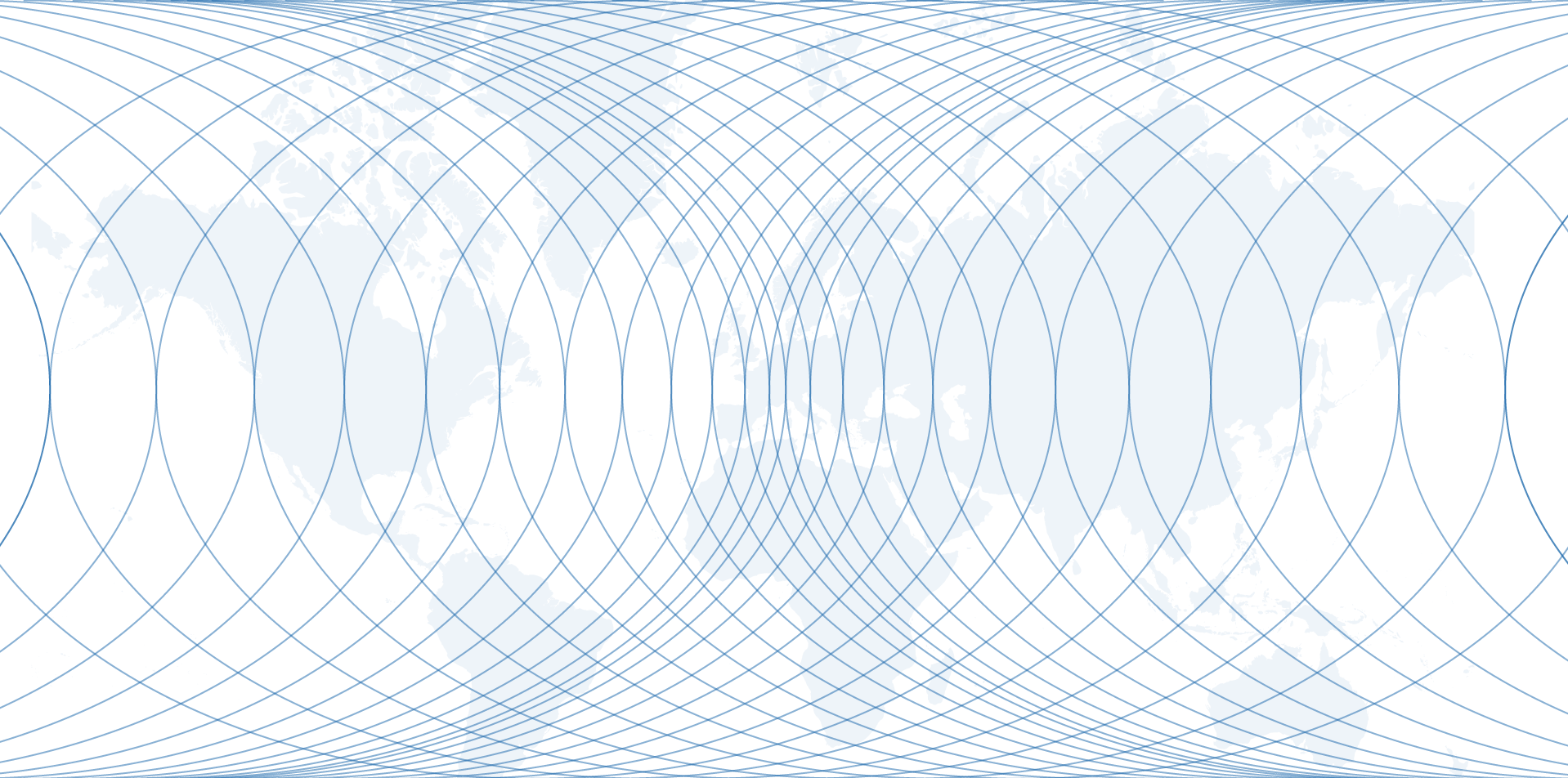Once I was in graduate college, a small group of my friends and I spent appreciable time inspecting the circumstances below which it will be doable for one nuclear energy to launch a nuclear assault in opposition to one other. Since none of us may get dates, we spent a number of time on this subject, utilizing the Cuban missile disaster as the idea of our evaluation. The factors for such an assault was that the opposite facet’s command system had collapsed and thus the nation had no solution to retaliate, or that the opposite facet was merely mendacity about its nuclear arsenal to start with, or another state of affairs I don’t bear in mind. Lonely Saturday nights bled into each other.
The issue we saved working into – whether or not the arsenals have been matched, uneven in quantity or disproportionate in functionality – was that nuclear weapons would nearly by no means be used, besides maybe if there have been a scenario wherein one facet had excellent and trusted intelligence on location and the standing of the enemy. There have been different, stranger ideas primarily based on mutually assured destruction. If we may get rid of the potential of the enemy to retaliate, it was a go. (There have been proposals for particular operations forces to penetrate enemy command factors, deploy toxic fuel to kill launch crews, and so forth.) However inevitably, a nuclear assault on a nuclear energy would nearly definitely end in mutually assured destruction or in an assault on an ally of a nuclear energy, which might threat a much less sure however nonetheless possible nuclear response. It’s straightforward to grasp why, after Hiroshima and Nagasaki, there has by no means been one other nuclear assault.
Nonetheless, there was one state of affairs that had a chance of success, which we known as the madness gambit. All different eventualities revolved across the sanity of the management. Initiation of a profitable launch would set off mutual destruction, and with the annihilation of the attacker’s personal nation, we couldn’t discover a situation wherein a nation’s self-annihilation would offer better safety. No rational chief would come to a unique conclusion. However that is, in essence, the technique Russian President Vladimir Putin is toying with.
He has on a number of events mentioned that Ukraine’s continued resistance to Russia, and American and European assist for Ukraine’s protection, dangers nuclear warfare. A nuclear assault on Ukraine might set off a U.S. response, whereas an assault on the US – technically inside the realm of chance in line with his statements – will surely end in an enormous assault on Russia. To be clear, the U.S. shouldn’t be going to provoke nuclear warfare over Ukraine. Below regular circumstances, neither would Russia – until the stress of warfare drives Putin insane, making him keen to have interaction in mutually assured destruction. Since Russia shouldn’t be insane, it follows that Putin shouldn’t be planning to provoke nuclear warfare. But when Moscow can persuade its adversaries that the scenario has pressured them to mutual suicide, the U.S. and its allies might change their insurance policies to be extra accommodating to Russia’s wants, nonetheless unlikely the risk could also be. Bringing nuclear warfare – and, implicitly, Russian sanity – into the equation may change the end result of the warfare. The U.S. is unlikely to provoke a preemptive strike in opposition to the madness gambit of a sane nation. In any case, Washington additionally has second strike capabilities.
To make this work, Putin has to persuade different international locations that he’s ready for nuclear warfare. Within the course of, he may even need to persuade his countrymen, which solely additional undermines the technique. The madness gambit works provided that it’s so convincing that it frightens a pacesetter’s personal colleagues. It’s a gambit born of desperation, helpful solely in graduate college for lonely males to ponder.
